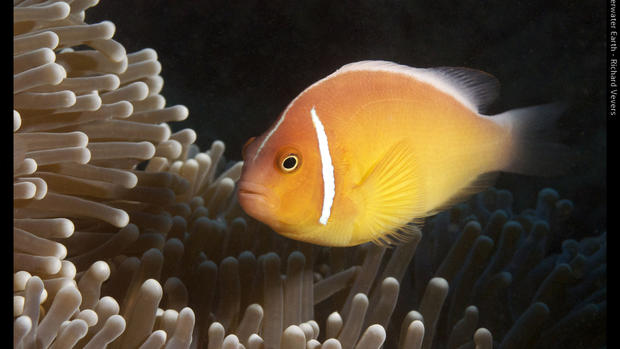Study: Unprecedented heat will reach U.S. in 30 years
New research shows that climate change will force the more than one billion people who live in tropical areas to adapt to extreme climates within the next decade. Extreme heat waves will likely reach the U.S. by 2043.
Published Oct. 9 in the journal Nature, the article by scientists at the University of Hawaii at Manoa predicts that if greenhouse gas emissions continue at current rates, the annual average temperatures in many areas will be hotter than they have been in any year between 1860 and 2005.
By 2047, the coldest temperatures would be warmer than the past hottest temperatures, the scientists say. If greenhouse gas emissions are stabilized, they estimate the date could be pushed back to 2069.
"Our findings shed light on the urgency of mitigating greenhouse gas emissions if climates potentially harmful to biodiversity and society are to be prevented," the authors wrote.
"Our results suggest that countries first impacted by unprecedented climates are the ones with the least capacity to respond," said coauthor Ryan Longman in a statement. "Ironically, these are the countries that are least responsible for climate change in the first place."
The temperature index created by the researchers shows that tropical areas will be impacted first, even before climate change takes its greatest toll on Arctic regions.
"Unprecedented climates will occur earliest in the tropics and among low-income countries, highlighting the vulnerability of global biodiversity and the limited governmental capacity to respond to the impacts of climate change," they wrote.
The rapid changes could lead many species searching for new habitats or attempting to adapt -- and some will probably not survive.
"This work demonstrates that we are pushing the ecosystems of the world out of the environment in which they evolved into wholly new conditions that they may not be able to cope with. Extinctions are likely to result," Ken Caldeira of the Carnegie Institution for Science's Department of Global Ecology said in a statement. "Some ecosystems may be able to adapt, but for others, such as coral reefs, complete loss of not only individual species but their entire integrity is likely."
Led by climatologist Camilo Mora, the researchers studied 39 Earth System Model climate models in determining this time frame. The models were developed by 21 climate centers in 12 countries. They looked at evaporation and precipitation as well as ocean surface temperature and pH.
"The results shocked us. Regardless of the scenario, changes will be coming soon," said Mora. "Within my generation, whatever climate we were used to will be a thing of the past."
